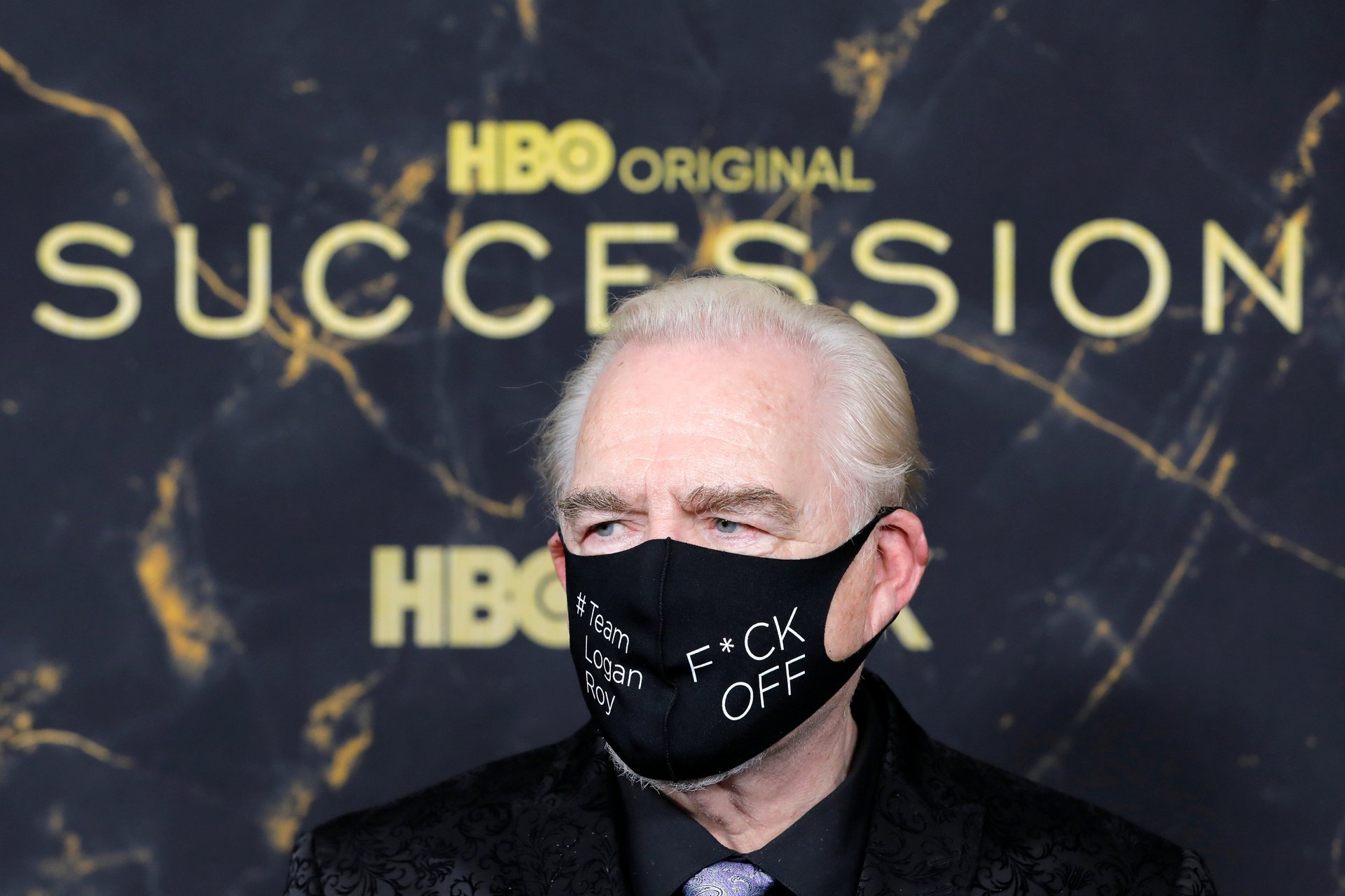“Succession” is back, and so is the shameless love affair viewers are having with wealth and excess
“You screw them out. You chisel them out. You fucking hurt them. And then, you watch them squeal.”


“You screw them out. You chisel them out. You fucking hurt them. And then, you watch them squeal.”
That line, from the grizzled family patriarch Logan Roy (played by Brian Cox) is just one example of why viewers have come to love Succession and its stream of venomous axioms and baroque jabs delivered by the very wealthy.
While the show, which returns to HBO on Oct. 17, ostensibly critiques the foibles of the mega-rich, Succession is really celebration of plutocratic sensibilities, offering an unvarnished, albeit comically over-the-top, taste of how billionaires really might move behind the scenes.
Similarly, the Showtime series Billions pits an uber-wealthy hedge-fund lord against a US attorney for the Southern District of New York. And while the series endeavors to depict right (the law) versus might (cash), the show ends up showing how both combatants, and their acolytes, operate in the rarified realm of mansions, private planes, and secret clubs reserved for the city’s VIPs.
Despite all the hard elbows and brilliantly crafted digs, each show manages to frame the rich and powerful in a way that humanizes them while simultaneously keeping them on their pedestal of riches. When Logan Roy delivers the afore-mentioned quip on how to destroy one’s enemies, his son, Roman Roy (Kieran Culkin), softens the moment by saying, “I like hurting human beings as much as the next guy, but Dad, this is [a] really fucking good [deal].”
How Succession and Billions differ from Squid Game
These gilded New York stories are in stark contrasts to the dark takes on the wealthy offered by recent international hits like Squid Game and Parasite, where the moneyed are inherently cruel, with few redeeming qualities.
When Squid Game’s “player 456” (played by Lee Jung-jae) selflessly helps a frail old man get through the game’s dangerous trials, we later learn that his efforts were, in the end, in service to the selfish whims of the affluent. Likewise, the literal basement dwellers in the mansion in Parasite are a reminder of the stratified nature of many rich societies. Ultimately, the film paints the rich as so fundamentally calloused to the realities outside of the upper class that they’re oblivious to the poor living right beneath their feet.
If Squid Game and Parasite are relentlessly pessimistic about capitalism, shows like Succession and Billions wrap their socialist sensibilities in a frothy layer of exuberance about money.
The attraction of the gleeful rich suggests that if Mark Zuckerberg had a better sense of humor, he might have better approval ratings with the general public. How else do you explain the popularity and recent SNL host Elon Musk. Both moguls have much to answer for in the public sphere of judgment, but only one has good dad jokes and timely memes.